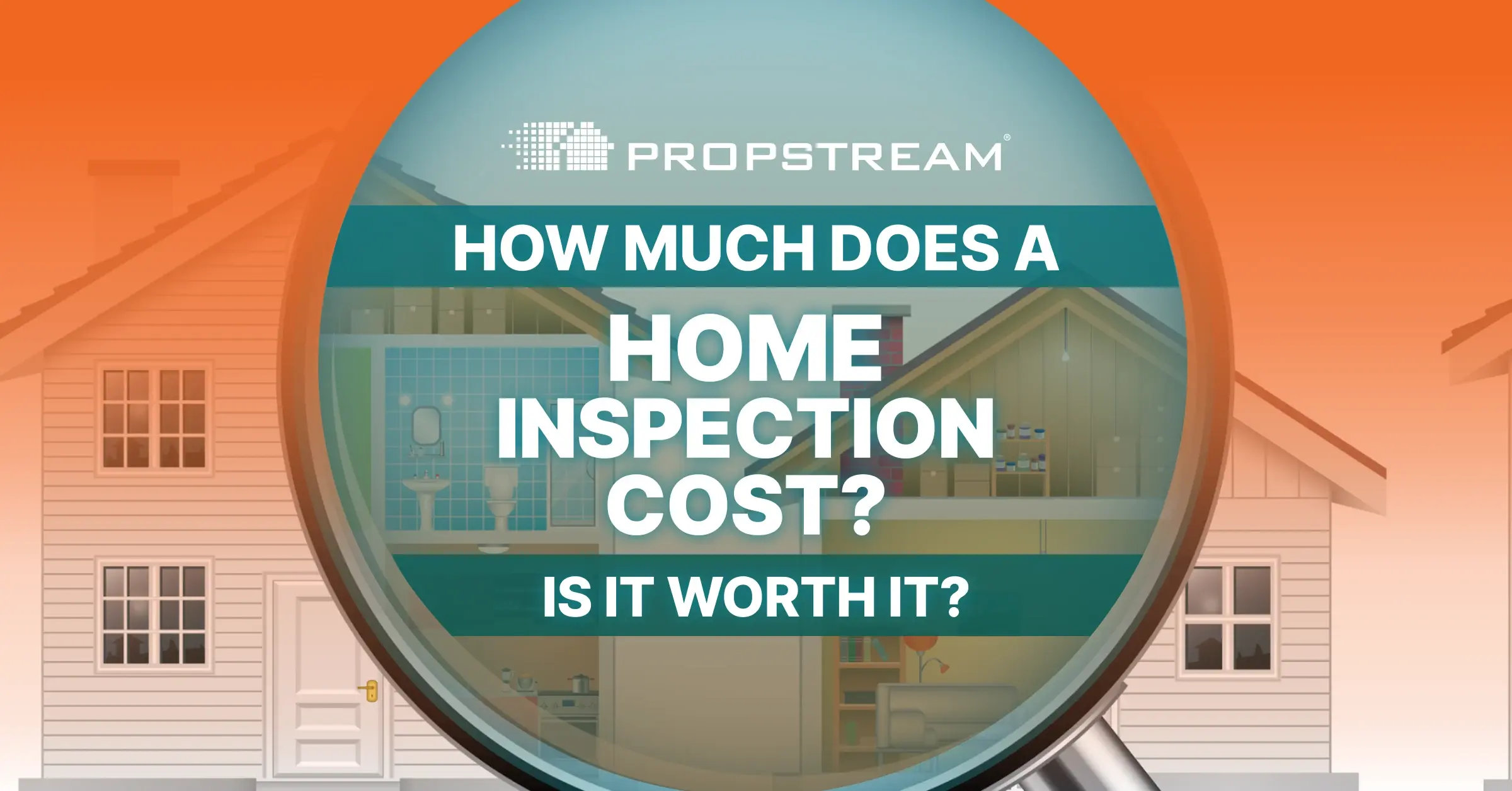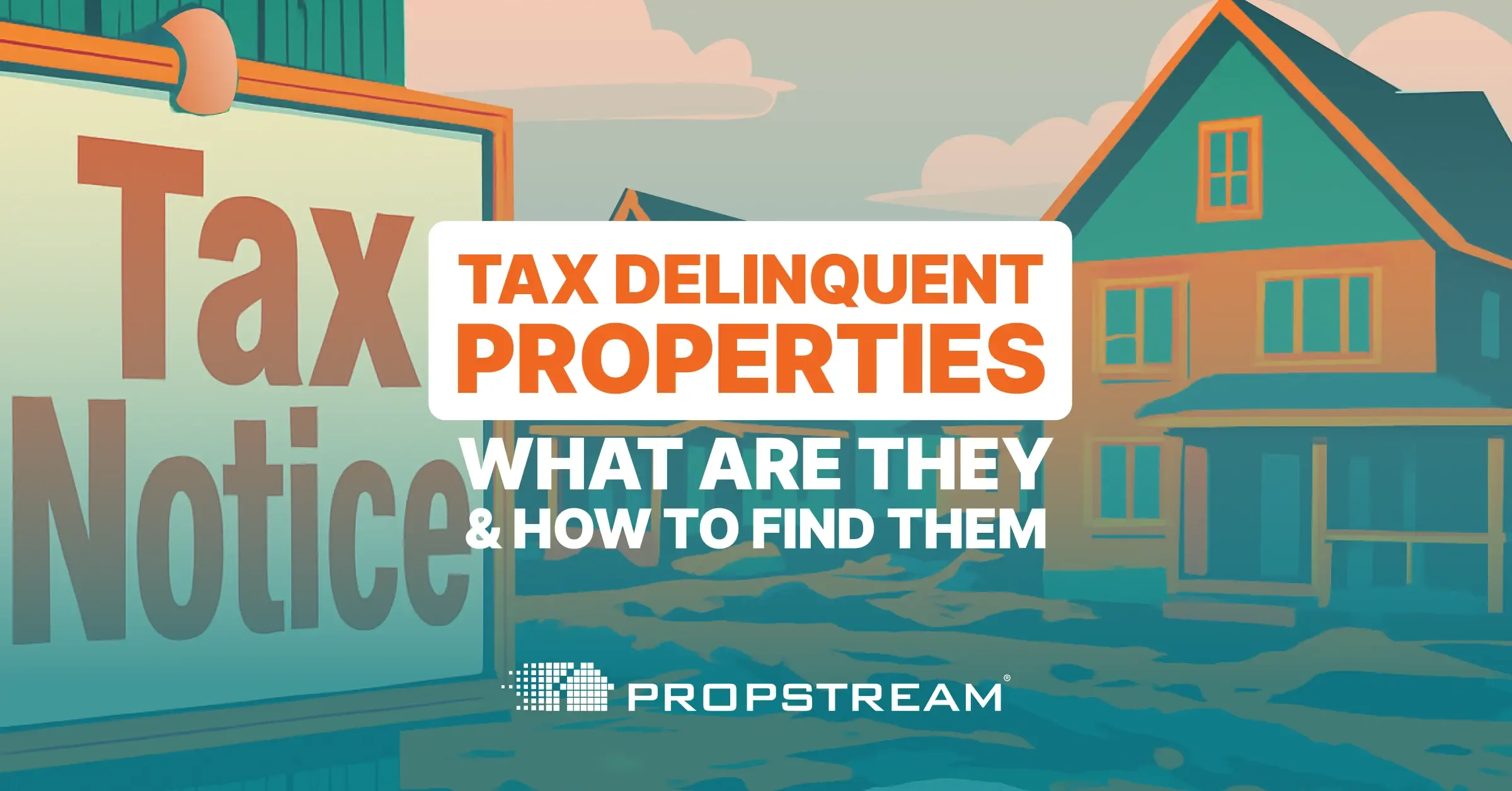The COVID-19 pandemic is presenting some unprecedented challenges to landlords. You may have heard about the Brooklyn landlord who waived rent for 200 tenants or comedian Michael Che's generous gift to 160 residents in his late grandmother's building.
But the reality is that most multi-family real estate investors can't afford to be as magnanimous as these men in this challenging era of COVID-19. We asked multi-family real estate experts for their practical advice. How can you be a great landlord while protecting your investment?
1. Know the Law
"A written and precise plan for dealing with non-payment of rent needs to be carried out consistently for all renters. The last thing any company wants to deal with is lawsuits surrounding unfair housing claims," counsels Denise Supplee, Property Management Specialist and Co-Founder of Spark Rental.
2. Be Professional but Compassionate
"Walk the fine line between professional detachment and personal grace," says Craig Sloan of Lake of the Woods Apartments LLC, a manager of multi-family complexes. He prides himself on building great relationships with tenants. "If they [tenants] know you care about them and will work with them, they are more likely to work with you."
3. Use Technology to Connect on a Personal Level
Joshua Eberly, a landlord, sends his tenants text messages to let them know he is available to help. "Checking in with each individual as a person is not only a more personalized way to communicate. It encourages two-way communication," he says.
Regular e-mail can give renters the information they need each week. Some property managers send out newsletters with curated information about state policies, how to file for unemployment or other relief, and which local restaurants offer pick-up and delivery.
4. Offer Financial Help, if Possible
Payment plans and waived late fees are two common options. Eberly is giving his tenants a one-month 5% rent discount. Blue Lake Capital created an early bird payment program with as much as $100 per month in incentives. They also allowed residents to use security deposits to pay rent, but these tenants needed to sign up for insurance, which costs them $5 to $10 monthly. Says the company's CEO Ellie Perlman, "We were able to collect 96% of our rents this month, so our approach (which also includes gift cards and community involvement) clearly works."
5. Ensure Your Residents Feel Valued
Some owners and managers have gotten creative with perks that are not rent related. Joe Firmin of True Freedom Capital LLC sent out grocery gift cards to residents. A free daily gift is being offered by Jamie Blumenthal, Director of Leasing and Management at HER Property Management, through a local website. Not only do tenants enjoy a perk, but the company is supporting small businesses through the promotion. Second Story Properties gave its residents at the Tomorrow Building local coffee delivery, potted flowers for their homes, and "Netflix and Chill" goodie bags. The company also posted an uplifting sign outside its building.
6. Manage Your Expenses
Look for ways within your operation to cut nonessential costs without sacrificing the quality of life for your tenants. For example, consider unnecessary maintenance expenses that can be deferred. You can also consider furloughing or reducing the hours of administrative team members. According to the National Apartment Association, 37 cents of every dollar goes to these types of expenses. Looking for opportunities to save may result in efficiencies that outlast the pandemic.
7. Lease Smartly and Safely
Technology is impacting every aspect of the real estate industry — from investment decisions to the tenant experience. Apartment complexes these days are largely dependent on virtual tours and carefully controlled move-in policies. Ensure that your practices are up to date and prioritize tenant safety. The choices you make today will have an impact on your business for years to come.
Despite the challenges ahead, realtor® and investor John Castle believes that multi-family investing will remain one of the safest options long-term. "You're diversifying the risk among multiple tenants instead of one," he explains. Now, multi-family investors need to not only know where to invest but how to keep those investments strong in a post-pandemic world.



